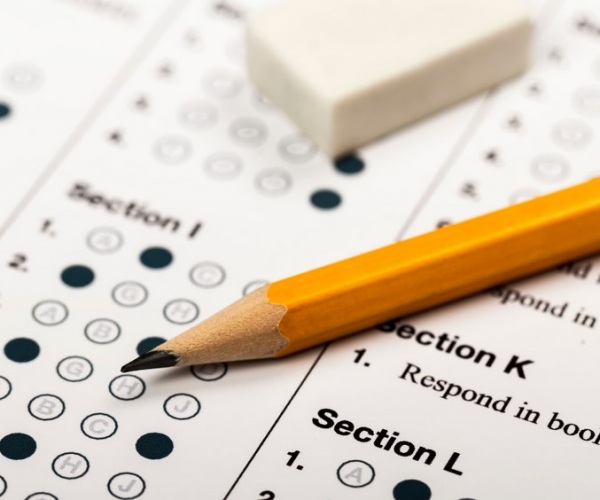What are psychoeducational assessments?

Psychoeducational assessments are primarily used to determine why your child may be struggling in school. It consists of a range of assessments, when interpreted together, gives us valuable insight into your child’s cognitive functioning and how it may impact them in school.
Psychoeducational assessments may also includes a variety of assessments to assess for intellectual ability, phonological issues, language-based difficulties and mathematical fluency. These give us additional valuable information as to which areas your child may be struggling with. Each of these areas are explored below:
Cognition.
Psychoeducation assessments typically include a standard Cognitive Assessment (or an ‘IQ Test’) to assess your child’s cognitive domains. Even more important than the overall ‘IQ’, we are assessing if your child’s cognitive domains are developed uniformly or whether your child displays significant strengths and weaknesses. It is not unusual for the cognitive domains to reveal notable strengths or weaknesses. It does give us valuable insight into how your child thinks and process information in the world around them. To find out more about IQ assessment see our blog by Jenna Trainor.
Phonological Processing.
Well-developed phonological processing skills are essential for successful literacy skills to develop. This assesses the ability to discern the different sounds that makes up the English language. Difficulty in teasing apart the sounds of our language would often affect spelling and written expressions.
Reading.
Reading skills are important as it forms the basis of understanding written tests. Students are asked to read a list of real and nonsense words, in both timed and untimed settings. This is to assess how automatic their reading abilities are, and whether their letter-sound associations (phonics) are automatic.
Spelling.
We assess students’ skills in incorporating existing knowledge of phonics and spelling patterns. Difficulty in spelling may lead to difficulty in written expressions.
Written Expressions.
This assesses how well the student is able to express their thoughts into words. This examines how well your child could combine sentences, write sentences to include target words, and how well your child expresses themselves in the written form.
Mathematics.
This assesses basic mathematical fluency (Addition, Subtraction and Multiplication) under timed condition to assess how quickly and automatically the student is able to complete simple mathematics equations. Slower performances suggests a lack of fluency, which would have knock-on effects on their performances on higher-order mathematical tasks (mathematics questions that involves multiple steps). We also assess their performances on Numerical Operations and Problem solving to assess if there are any specific areas of Maths that your child may excel or struggle on.
Social and Emotional Health and Wellbeing.
Psychoeducational assessments may also include questionnaires sent to parents and the school (with permission) to assess for Social and Emotional Health and Wellbeing. Some difficulty in school may be due to extraneous factors, such as perfectionism or anxiety. These questionnaires are likely to be general in nature and designed to pick up broad areas of concern that may contribute to any difficulties experienced in school and academia.
Bringing it all together.
Psychoeducational Assessments are a very comprehensive set of assessments designed to yield better understanding and knowledge of your child’s cognitive domains and how their performances on the cognitive domains would impact on their educational pursuits. The thoroughness of this assessment would help us ascertain if the struggles in school are due to their specific cognitive profile, a particular learning disorder, or social or emotional difficulties. It would also allow us to give specific recommendations to parents and teachers on the best way to support your child academically.
Results of these assessments can be used to diagnose disorders such as Dyslexia (reading issues), Dysgraphia (writing issues) and Dyscalculia (maths issues).
If you feel that your child would benefit from a psychoeducational assessment, please contact Prosper Health Collective via email or via phone on (08) 6381 0071.